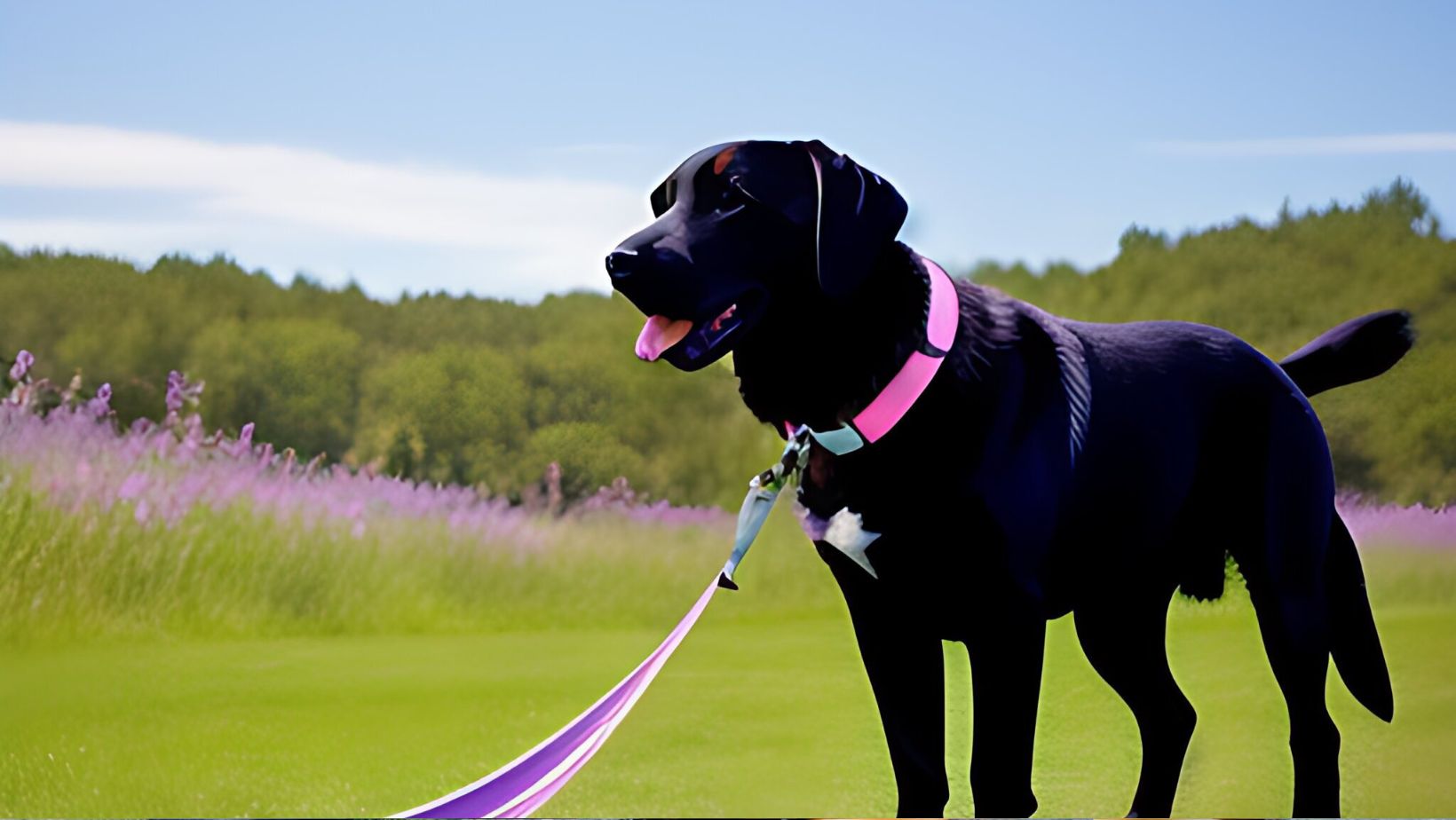How to Get a Trained Service Dog
If you’re considering getting a trained service dog, one breed that often comes to mind is the Labrador. Labradors are known for their intelligence, loyalty, and trainability, making them a popular choice for service work. In this article, I’ll provide you with some valuable insights on how to go about obtaining a trained Labrador service dog.
The first step in acquiring a trained service dog is to research reputable organizations or trainers that specialize in training service dogs. Look for those who have experience specifically with Labradors and understand the unique needs and abilities of this breed.
Qualifications for Obtaining a Trained Service Dog
When it comes to getting a trained service dog, there are certain qualifications and considerations that one must keep in mind. These qualifications ensure that the individuals who need the assistance of a service dog can receive reliable and well-trained companions. Here are some key factors to consider when seeking a qualified service dog:
- Medical Need: The first and foremost qualification for obtaining a trained service dog is having a documented medical condition or disability that can be alleviated or managed by the presence of a service dog. This could include physical disabilities, psychiatric conditions, or medical conditions such as diabetes or epilepsy.
- Assessment by Professionals: An important step in the process is undergoing an assessment by professionals experienced in evaluating the need for a service dog. These professionals may include healthcare providers, therapists, or licensed trainers who can determine if having a service dog would be beneficial for your specific situation.
- Commitment to Training: Owning and caring for a trained service dog requires dedication and commitment. Prospective owners must be willing to invest time and effort into training sessions with their new companion. This ensures that both the owner and the Labrador (or another breed) are able to work together effectively as a team.
- Financial Considerations: Acquiring and maintaining a trained service dog can come with significant financial costs. It’s essential to have adequate resources available to cover expenses related to purchasing the dog, training fees, veterinary care, food, grooming supplies, equipment, and ongoing support.
- Legal Requirements: Depending on your location, there may be legal requirements or regulations regarding owning and obtaining a trained service dog. Familiarize yourself with these laws to ensure compliance throughout the process.
Remember that each organization or trainer may have their own specific qualifications when it comes to providing trained service dogs. It’s crucial to research reputable organizations or trainers near you who follow ethical standards in selecting and training these valuable assistance animals.
The Training Process for Service Dogs
When it comes to training service dogs, there’s a meticulous process involved to ensure they can perform their important tasks reliably and safely. In this section, we’ll delve into the key steps of training service dogs, with a focus on Labrador retrievers as an example.
- Assessing Suitability: The first step in the training process is selecting a suitable candidate for service dog training. Labradors are often favored for their intelligence, trainability, and friendly nature. Trainers evaluate potential candidates based on temperament, health, and aptitude for specific tasks.
- Foundation Training: Once a Labrador has been identified as a suitable candidate, foundation training begins. This phase focuses on basic obedience commands such as sit, stay, come, and heel. It also includes leash manners and socialization to various environments, people, and other animals.
- Task-Specific Training: After mastering foundational skills, the next stage involves task-specific training tailored to the individual needs of the person who will benefit from the service dog’s assistance. For instance, if the dog will be trained as a mobility assistance dog, they may learn to retrieve items or provide balance support.
- Public Access Training: Service dogs must be well-behaved in public settings to ensure they can accompany their handlers wherever they go. Labradors undergo extensive public access training that exposes them to different scenarios like crowded areas or noisy environments while maintaining composure and focus on their handler’s needs.
- Advanced Skills Training: As Labradors progress through their training journey, advanced skills are introduced depending on the specific role they will fulfill as service dogs. This may include specialized tasks like alerting individuals with medical conditions or providing emotional support during times of distress.
Throughout each phase of training, positive reinforcement techniques are commonly used to motivate Labrador retrievers and strengthen desired behaviors while avoiding harsh methods that could compromise their well-being or trust. Consistency, patience, and regular practice are vital to achieve reliable performance.
